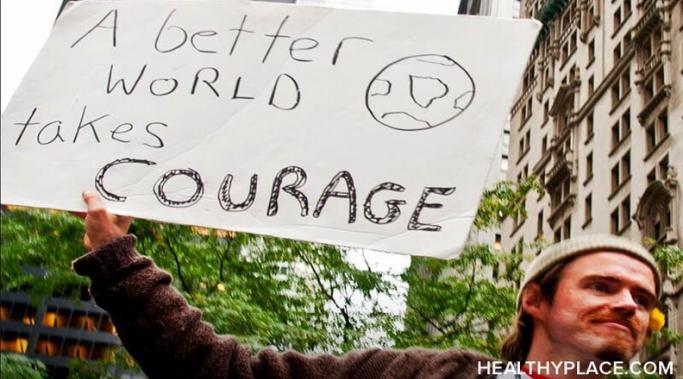Blogs
What happens to…girls with ADHD when they become adults with ADHD if much of the focus is on men with ADHD? That is the concern of Terry Matlen, ACSW who is a psychotherapist, consultant, writer and coach, specializing in adult attention deficit disorders.
"Driving with your eyes closed doesn't actually make you invisible; but it might as well." Taz Mopula
It is widely understood that, to legally operate an automobile in the United States, one must possess a valid driver’s license. It is further understood that driving a car is considered a privilege which can be revoked at any time for various reasons. The individual who drives while intoxicated is considered a menace to himself and society so, to protect the general welfare, police officers are entitled to stop automobiles and administer field sobriety tests. Some jurisdictions even set up Field Sobriety Checkpoints. Inebriated drivers caught in these snares are severely punished, and drunk driving decreases as a result.
Well and good, you say, but what’s being done about the equally chilling danger of DWI – Driving While Insane? Sadly, the answer is - not much! But that is all about to change thanks to the imminent introduction of Random Sanity Testing and Sanity Testing Checkpoints!
Today is my birthday, always a day of reflection and gratitude for me. This year, October 11th comes very soon after Mental Illness Awareness Week, The Jewish High Holy Days, and the publication of my book, Ben Behind His Voices. So much to think about, to share with you.
First of all, there is Ben, my son, who gave me my first birthday gift this morning (a mixture of teas he carefully selected himself, taking the time to consider my preferences). This year it is also a gift of self-esteem for him, for it marks the first time in almost a decade that he was able to pay for it himself.
My oldest son, Bob, has been diagnosed with bipolar disorder and ADHD. In two weeks, I will meet with his school to facilitate a Section 504 plan, as recommended by the school counselor.
As I investigate various accommodations available under education and disability law, I'm not sure two weeks is enough time for me to prepare.
You may feel you have to compromise your deepest held beliefs in order to feel accepted. It is important to remember that if you aren't accepted as you are, you aren't really accepted. If you can't be yourself, you aren't really loved. Is that worth the cost? Is sacrificing your identity for people who want you to be someone else worth it?
I have trust issues, but then, I think everyone does. We all grow up with people disappointing us and breaking our trust. It's just a part of becoming an adult.
But unfortunately, all relationships are based on trust, and this includes one with a doctor. It's essential to be able to trust what your doctor says and does. You have to be able to believe in what he's saying in order to try treatments that are often unpleasant and might make you feel worse before they make you feel better.
But doctors do a lot of things to break that trust, sometimes because they have to and sometimes simply because they do. So how's a patient to get over broken trust in a relationship with a doctor?
Try these words on: Mental illness, mentally ill, relapse, psychiatry, psychiatrist, psychotropic medication, anti-psychotics, mania, depression, social isolation, side-effects, sickness, disease. How do these words feel applied to you as a person with a mental illness?
I can tell you how they make me feel: Awful, stigmatized, labeled. They make you feel alien. They make you feel alone. Unique in your illness. You might feel like you are the the brisk notes your psychiatrist jots down as you talk to her. You might wonder if those words, scribbled with medical jargon, define you as a person
Treating anxiety you have to teach yourself not to be dismissive, learn not to auto-pilot the waves of panic. Not everything's about 'getting over it'. It's about getting up today, not making yourself sicker. Or it's convincing yourself reality is somewhere stiller, softer, kinder than the one you suspect's lurking round the corner. Just reading the newspaper can cause a blood pressure spike, and sitting down to ‘relax’ I have to trust myself to cope. That's what you do.
"We must be willing to get rid of the life we've planned, so as to have the life that is waiting for us." ~ Joseph Campbell
I have struggled with anxiety and depression for weeks. Several mornings I stay in bed, huddled under my covers where it feels safe, until the very last possible moment. I think about the life I had before I developed anorexia. My husband and I were still together, sharing life and love, enjoying each other's company and spending time with family and friends.
This week, I encountered yet another insurance / psychiatric medication prescription snafu. Bob's old Seroquel prescription had run through its refills and I submitted a new prescription for his bipolar medication from his psychiatrist. Blue Cross Blue Shield refused to pay for it. Why? Because their monthly limit is 102 tablets. Bob's prescription for his psychiatric medication was written for 105.
Yes--splitting hairs over Three. Pills.







